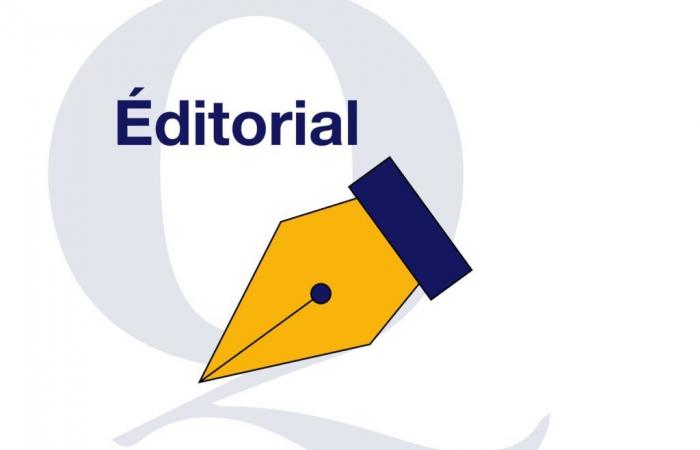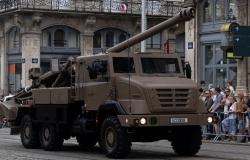Despite its extra day, the leap year 2024 passed as quickly as the others. So here we are already on the threshold of the new year, which will mark the end of the first quarter of the 21st century. And 2025 will certainly go by just as quickly. To the delight of those who are delighted to see Moutier join the canton of Jura in 365 days.
The year which is ending will have been rich in events. Beautiful and joyful ones, in Paris especially with flamboyant Olympic Games, while in France successive governments have spent almost as much time establishing themselves as governing. Sadder situations too, including the protracted conflicts in Ukraine or the Middle East, to name just a few. And other matters still, of which it is difficult to measure what they have in store for us. Like the election of Donald Trump as president of the United States. The return of the miracle of the attack, now assisted by the extremely wealthy Elon Musk, augurs a presidency more arrogant, provocative and unpredictable than ever. The succession of the al-Assad regime in Syria also remains uncertain: a dictator who falls does not, unfortunately, necessarily mean that a democracy rises.
Closer to us, Jura celebrated last summer the fiftieth anniversary of June 23, 1974, the founding plebiscite of the new canton. Half a century later, almost everything has changed. The economic environment is once again struggling, in the watchmaking sector in particular which was already going through a major crisis in the 1970s.
But let’s turn the page of the year that is ending and look towards tomorrow. The major political event of the year 2025 in Jura will take place in the fall, on October 19, with the cantonal elections. Special feature this year: Moutier, whose 7,200 inhabitants will become Jura citizens on January 1, 2026, will already participate in these electoral contests. Among the approximately 4,900 voters expected to vote, 500 are foreign nationals and will perhaps exercise their right to vote at the cantonal level for the first time. The Provost city corresponds to an 8% increase in the Jura electorate.
This new situation will modify the distribution of pieces on the Jura political chessboard. Moutier will have seven deputies among the sixty in the cantonal Parliament, more than triple its current representation in the Bernese Grand Council. At the party level, the UDC Jura appears to be the formation likely to achieve the greatest electoral harvests. Moutier’s votes will perhaps allow the agrarians to win their first Jura ministerial portfolio.
There are twelve months left to organize the reception of the city in the Jura House. The Jura, which must at the same time address its financial weaknesses, is working on its redevelopment. This has an immediate cost, but the arrival of Moutier will ultimately generate revenue and new prospects for the canton. We will have to manage change and know how to take advantage of it, particularly at the institutional level. It will also not be easy to reassure the small half of Prévôtois who did not wish to join the Jura, unlike their autonomist fellow citizens who had claimed it for a long time, for historical, cultural and proximity reasons.






